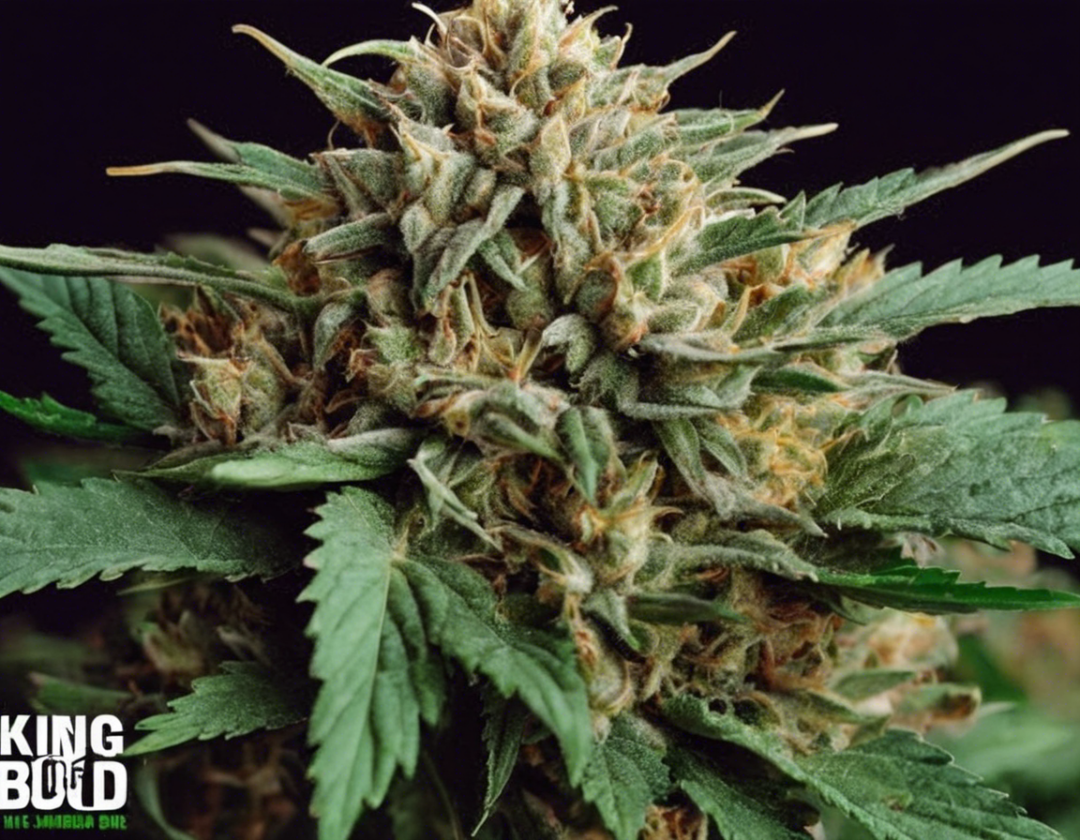CBD: A Game-Changer in the World of Alternative Medicine
In recent years, CBD (cannabidiol) has taken the health and wellness industry by storm. This non-psychoactive compound derived from the Cannabis sativa plant has garnered immense popularity for its potential therapeutic benefits. From alleviating chronic pain to reducing anxiety and promoting better sleep, the benefits of CBD are widely praised by users and researchers alike. In this article, we delve into the world of CBD and explore its various aspects, from its mechanisms of action to its diverse applications across different health conditions.
Understanding CBD: How Does it Work?
CBD interacts with the body’s endocannabinoid system (ECS), a complex network of receptors involved in regulating various physiological functions such as pain perception, mood, inflammation, and immune response. Unlike its counterpart THC (tetrahydrocannabinol), CBD does not produce the “high” typically associated with cannabis use. Instead, it exerts its effects by influencing the ECS to promote balance and homeostasis within the body.
Types of CBD Products: Finding the Right Fit
CBD is available in various forms, including oils, tinctures, edibles, capsules, topicals, and vapes. Each delivery method offers unique benefits and considerations. For instance, CBD oils are popular for their fast-acting effects, while edibles provide a convenient and discreet way to consume CBD. Topical products, on the other hand, are applied directly to the skin and are often used for localized relief.
Navigating the World of CBD Dosage
Determining the right CBD dosage can be a challenging task, as individual responses to CBD vary based on factors such as weight, metabolism, and the specific health condition being targeted. It is recommended to start with a low dose and gradually increase until the desired effects are achieved. Consulting with a healthcare provider knowledgeable about CBD can also provide valuable insights on dosing recommendations.
The Therapeutic Potential of CBD: Evidences and Findings
Research on CBD has revealed promising results in various health conditions, including chronic pain, anxiety, depression, insomnia, epilepsy, and neurodegenerative disorders. For instance, CBD has shown to have anti-inflammatory and analgesic properties, making it a potential alternative for managing pain without the side effects associated with conventional medications. In the realm of mental health, CBD’s anxiolytic and antidepressant effects have sparked interest in its use as a complementary therapy for mood disorders.
CBD and the Future of Medicine
As the stigma surrounding cannabis continues to diminish, the potential of CBD in mainstream medicine is becoming increasingly recognized. The FDA has approved a CBD-based medication for the treatment of epilepsy, signaling a significant milestone in the acceptance of CBD as a legitimate therapeutic agent. Ongoing research continues to explore the vast potential of CBD in cancer treatment, PTSD, and autoimmune diseases, among other areas.
Safety and Side Effects of CBD
While CBD is generally well-tolerated, it can cause side effects in some individuals, such as nausea, fatigue, and changes in appetite. Interactions with certain medications are also possible, underscoring the importance of consulting with a healthcare provider before incorporating CBD into your wellness routine. Additionally, ensuring the quality and purity of CBD products through third-party lab testing can help mitigate potential risks associated with contamination or mislabeling.
Frequently Asked Questions (FAQs)
1. What is the legal status of CBD?
CBD derived from hemp containing less than 0.3% THC is federally legal in the United States. However, state laws may vary, so it’s important to check local regulations before purchasing CBD products.
2. Can CBD make you high?
No, CBD is non-psychoactive and does not produce the intoxicating effects commonly associated with cannabis use. THC is the compound responsible for the “high” feeling.
3. How long does it take for CBD to work?
The onset of CBD effects can vary depending on the delivery method. Inhaling CBD through vaping may produce rapid effects, while ingesting CBD edibles could take longer to kick in due to the digestive process.
4. Is CBD safe for children and pets?
While research on CBD use in children and pets is limited, some parents and pet owners have reported positive outcomes. It’s essential to consult with a healthcare provider or veterinarian before giving CBD to children or animals.
5. Can you overdose on CBD?
CBD is considered safe and non-toxic even in high doses. However, consuming excessive amounts of CBD may lead to unwanted side effects, so it’s best to follow recommended dosing guidelines.
In conclusion, CBD represents a promising frontier in the realm of alternative medicine, offering a natural and holistic approach to wellness and healing. With continued research and evolving regulations, the potential of CBD to transform healthcare paradigms and improve quality of life for countless individuals remains a captivating prospect. As always, it is advisable to seek guidance from healthcare professionals when considering incorporating CBD into your health regimen to ensure safe and optimal outcomes.

